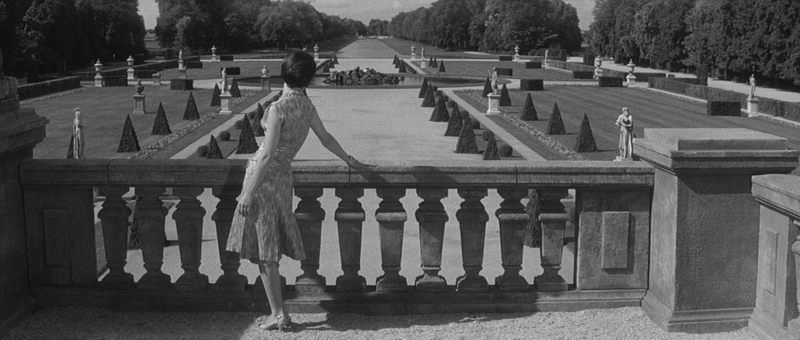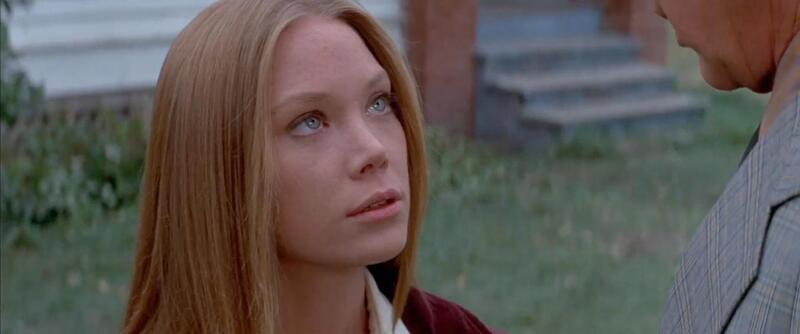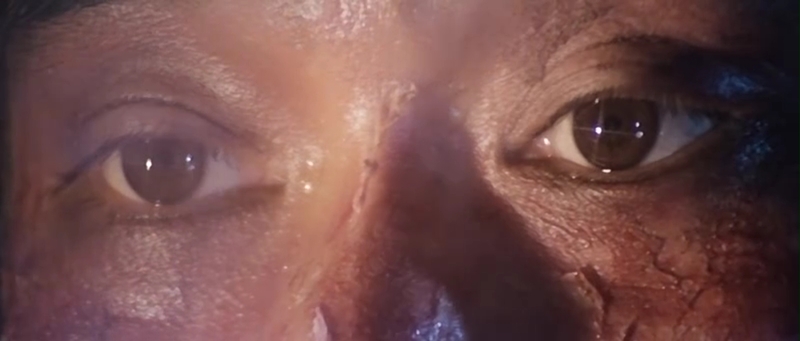
Hauntingly Beautiful, Endlessly Mysterious
MOVIE REVIEW
Last Year at Marienbad
–
Genre: Drama, World Cinema, Mystery, Romance
Year Released: 1961, 2024 Kino Lorber 4K
Runtime: 1h 34m
Director(s): Alain Resnais
Writer(s): Alain Robbe-Grillet
Cast: Delphine Seyrig, Giorgio Albertazzi, Sacha Pitoeff
Where To Watch: Available August 27, 2024; pre-order your copy here: www.kinolorber.com or www.amazon.com
RAVING REVIEW: LAST YEAR AT MARIENBAD is a hypnotic journey into a world where the lines between past and present blur, presenting a narrative that is as mysterious as it is captivating. Directed by Alain Resnais and written by Alain Robbe-Grillet, this avant-garde gem transcends typical cinematic boundaries, inviting viewers into a surreal exploration of memory and time. Set within the eerie elegance of a sprawling European resort, the film challenges its audience to decipher its intricate, mosaic-like plot.
The film's setting, an opulent hotel replete with endless corridors and reflective surfaces that disorient the eye, effectively becomes a character itself—a silent observer of the unfolding drama. Resnais’s camera use is nothing short of artistic, with each glide and pan capturing the haunting beauty of this architectural wonder, reinforcing the dream-like state that permeates the film.
At the center of LAST YEAR AT MARIENBAD are three enigmatic characters: X (Giorgio Albertazzi,) A (Delphine Seyrig,) and M (Sacha Pitoëff.) X, portrayed with an intense conviction by Albertazzi, insists on a romantic liaison with A, played by the ethereal Seyrig, within the very walls of the hotel. Yet, A’s memory of such an encounter is nonexistent, casting doubt on the veracity of X's claims. Pitoëff’s M, possibly A's partner, injects a dose of skepticism, confronting X's narrative and adding layers of mystery and tension. It sounds confusing, and in the film, they remain unnamed, but it just flows while watching.
The narrative unfolds in a unique series of fragmented vignettes resembling memories that may or may not be accurate. This structure effectively mirrors memory's elusive and unreliable nature, challenging viewers to question what is real and what is mere illusion. Scenes range from lavishly decorated to starkly simple, each adding to the film's central theme of ambiguity.
What distinguishes LAST YEAR AT MARIENBAD from its New Wave contemporaries is its bold deconstruction of narrative. While peers like Jean-Luc Godard and François Truffaut innovated with editing to disrupt storytelling, Resnais takes a more radical approach by entirely dissolving conventional narrative structures. His exploration of existential themes finds parallels in the works of auteurs like Michelangelo Antonioni and Federico Fellini, who also delve into the alienation of modern existence.
The screenplay, deeply influenced by the Nouveau Roman movement, deviates from traditional storytelling, opting for a style requiring active viewer engagement. LAST YEAR AT MARIENBAD is not merely to be watched—it demands to be experienced, felt and pondered through its sensory details and philosophical depth.
One of the film’s most striking features is its unconventional treatment of time. Rather than flowing linearly, time in LAST YEAR AT MARIENBAD is portrayed as cyclical, constantly looping back on itself. This cyclical nature is visually echoed in the film's recurring dialogues and scenes, contributing to the hypnotic, almost trance-like atmosphere that engulfs the viewer.
As the film unfolds, the audience is encouraged to let go of their narrative expectations and immerse themselves in the enigmatic journey through memory and perception. The film's repetitive elements serve as a stylistic choice and reinforce the themes of memory's impermanence and the ambiguity of truth.
LAST YEAR AT MARIENBAD is an avant-garde masterclass that reshapes our perceptions of what cinema can achieve in narrative and visual storytelling. Enigmatic and intellectually stimulating, it inspires discussion and admiration, cementing its status as a monumental achievement in film.
Product Extras:
4K UHD (DISC 1):
Audio commentary by film historian Tim Lucas
BLU-RAY SPECIAL EXCLUSIVES (DISC 2):
Interview with filmmaker Volker Schlöndorff
Last Year at Marienbad A to Z, a visual essay by film historian James Quandt
Memories of Last Year at Marienbad
Toute la mémoire du monde (1957, short film by Alain Resnais)
Please visit https://linktr.ee/overlyhonestr for more reviews.
You can follow me on Letterboxd, Instagram, Twitter, and YouTube. My social media accounts can also be found on most platforms by searching Overly Honest Reviews.
I’m always happy to hear from my readers; please say hi or send me any questions about movies.
[photo courtesy of KINO LORBER]
DISCLAIMER:
At Overly Honest Movie Reviews, we value honesty and transparency. Occasionally, we receive free items for review, including DVDs, Blu-rays, CDs, Vinyl, Books, etc. We assure you that these arrangements do not influence our reviews, as we are committed to providing unbiased and sincere evaluations. We aim to help you make informed entertainment choices, regardless of our relationship with distributors or producers.
Amazon Affiliate Links:
Additionally, this site contains Amazon affiliate links. If you purchase through these links, we may receive a commission. This affiliate arrangement does not affect our commitment to honest reviews and helps support our site. We appreciate your trust and support in navigating these links.



Average Rating